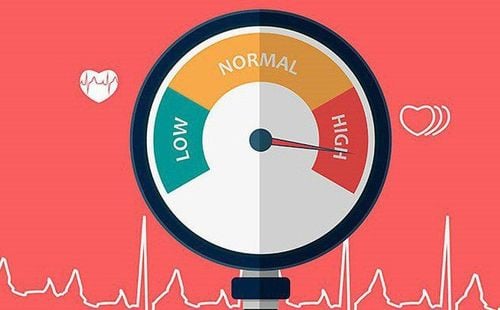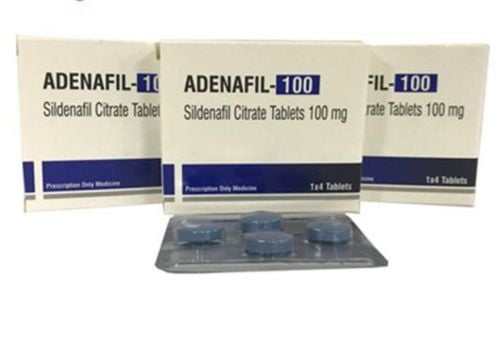1. Testosterone Levels
Testosterone is quite an important hormone. Both men and women produce this hormone, but the production level in men is 20 times higher than in women.
The testosterone hormone plays a crucial role in muscle and body development, bone health, and specifically sexual function in men. Testosterone levels peak at age 19 and decrease by an average of 16% in men by age 40.
Most testosterone in the blood is bound to two types of proteins: albumin and sex hormone-binding globulin (SHBG). Sex hormone-binding globulin binds tightly to testosterone, making it difficult for the body to use. In contrast, albumin binds more weakly, making it easier for the body to utilize with some effort.
Testosterone, also known as free testosterone, does not bind to proteins and is thus easily utilized by the body. The body can readily use both free testosterone and testosterone bound to albumin. The total available testosterone and SHBG make up the entirety of the body's testosterone hormone.
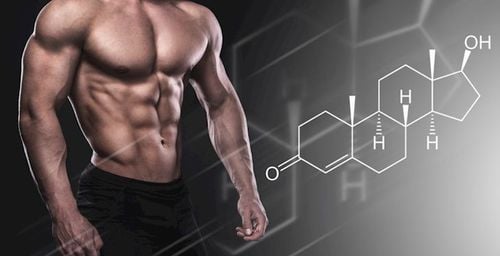
2. Coconut Oil and Dihydrotestosterone (DHT)
Testosterone levels are affected by various lifestyle factors, such as diet and exercise. Coconut oil also has an impact, although there is no clear evidence regarding this relationship.
Coconut oil contains a high-fat content from medium-chain triglycerides (MCTs), approximately 54%. Of this, lauric acid, caprylic acid, and capric acid account for 42%, 7%, and 5%, respectively. These medium-chain triglycerides have been improved to affect the hormone dihydrotestosterone (DHT) — a hormone similar to testosterone. The body uses the enzyme 5-alpha reductase to convert about 5% of free testosterone into dihydrotestosterone (DHT).
Interestingly, medium-chain triglycerides containing lauric acid have been shown to inhibit the enzyme responsible for converting testosterone into dihydrotestosterone (DHT) in in-vitro studies on animals.
There is a medication known as 5-alpha reductase inhibitors, often prescribed to treat male pattern baldness. It works similarly by blocking the 5-alpha reductase enzyme.
However, studies on humans are still limited. In-depth research is necessary to determine whether consuming medium-chain triglycerides in coconut oil can prevent or treat male pattern baldness. Some studies suggest that male baldness may have genetic causes.
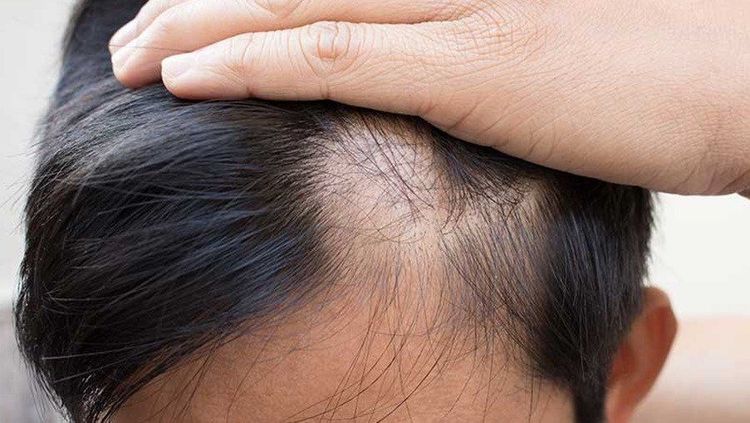
3. Erectile Dysfunction
Low testosterone levels are associated with erectile dysfunction (ED). This condition is the inability to get or maintain an erection, which can cause debilitation in men. It may also leave them embarrassed, with diminished self-esteem, leading to unsatisfactory sexual lives.
The global proportion of erectile dysfunction (ED) is about 77% and is gradually becoming more common with age. To improve this condition, certain foods have been suggested, including coconut oil. It is proposed to increase testosterone levels and boost sexual function. However, there is no concrete evidence showing a direct positive effect of coconut oil on testosterone levels and erectile dysfunction (ED).
Erectile dysfunction (ED) is often common in individuals with medical conditions or affected blood vessels, such as diabetes, high blood pressure, high cholesterol, overweight, and obesity.
If you experience any of these conditions, you can reduce or improve erectile dysfunction by making lifestyle changes. Men can engage in regular physical activities, apply diets rich in fruits and vegetables, maintain a normal weight range, and avoid smoking.
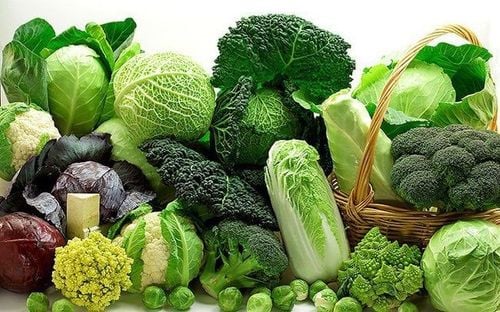
Coconut oil is extracted from coconut meat and contains medium-chain triglycerides in high proportions. In-vitro studies on animals have shown that coconut oil can inhibit the enzyme that converts testosterone into dihydrotestosterone (DHT) — a hormone related to male pattern baldness. Additionally, coconut oil is suggested to reduce erectile dysfunction and improve sexual function by increasing testosterone hormone levels. However, research on this relationship is still limited, and further in-depth studies are needed to confirm these claims.
Source: healthline.com
LEARN MORE
Natural ways to increase testosterone in men What is Testosterone? Effects of Testosterone on Men's Health What happens when Testosterone is too low or too high?
To arrange an appointment, please call HOTLINE or make your reservation directly HERE. You may also download the MyVinmec app to schedule appointments faster and manage your reservations more conveniently.




